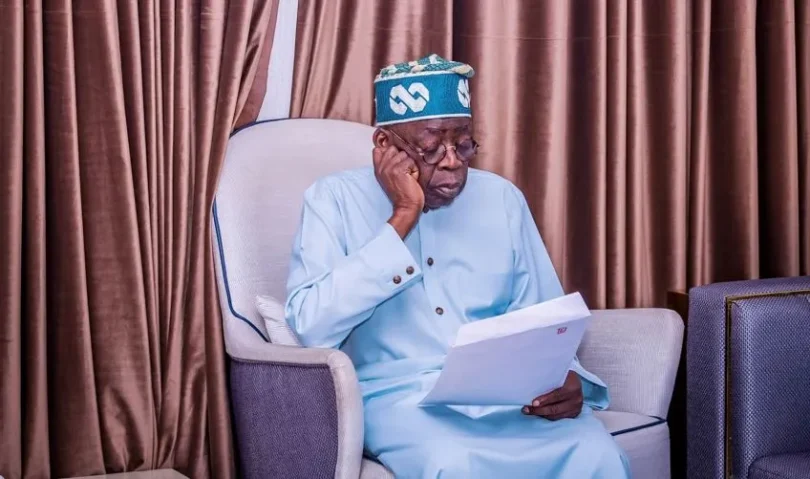The Presidency has rejected a World Bank report estimating that 139 million Nigerians live in poverty, calling the figure “unrealistic” and disconnected from local conditions.
Presidential spokesperson Sunday Dare said in a statement on Wednesday that the figure, based on the global poverty line of $2.15 per person per day, must be interpreted within the context of international poverty models rather than as an actual headcount.
He noted that, at current exchange rates, the benchmark equates to about ₦100,000 a month—well above Nigeria’s new minimum wage of ₦70,000—making it unsuitable for direct comparison with local income realities.
The Presidency said the World Bank’s assessment relied on outdated consumption data and ignored informal and subsistence economies that sustain millions of Nigerians. It described the report as a modelled global estimate, not an empirical picture of 2025 living conditions.
According to the government, ongoing reforms—including fuel subsidy removal, exchange rate unification, and fiscal reallocation—are addressing structural problems that have constrained productivity. It said these “painful but necessary” measures aim to create long-term stability and inclusive growth.
The administration highlighted its social programmes, including expanded conditional cash transfers to 15 million households, food security initiatives, and the Renewed Hope Infrastructure Fund, which targets key projects in energy, roads, and housing.
While acknowledging short-term hardship, the Presidency said the reforms are beginning to restore macroeconomic stability and growth, citing improved fiscal indicators and foreign reserves. It added that the focus now is ensuring recovery translates into affordable food, quality jobs, and better living standards.
Earlier, World Bank Country Director for Nigeria, Mathew Verghis, warned that poverty had deepened despite recent reforms, rising from 129 million in April to 139 million in 2025. He commended Nigeria’s policy efforts but said the benefits had yet to reach most citizens.
Opposition parties and labour leaders echoed that concern, arguing that inflation and the weakening naira have worsened hardship. Economists, meanwhile, said reforms were necessary but urged the government to cushion their impact through targeted welfare and job creation policies.

